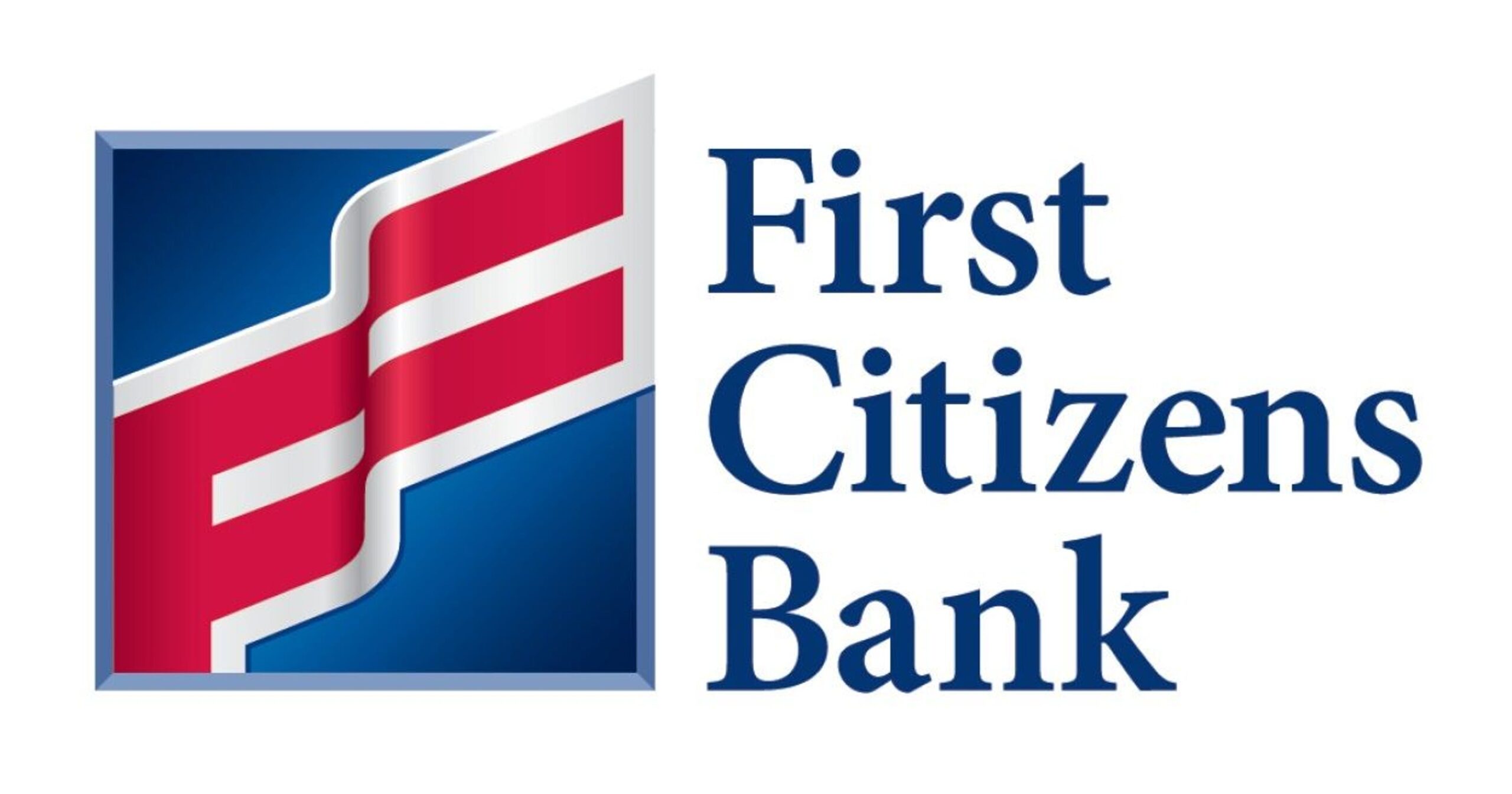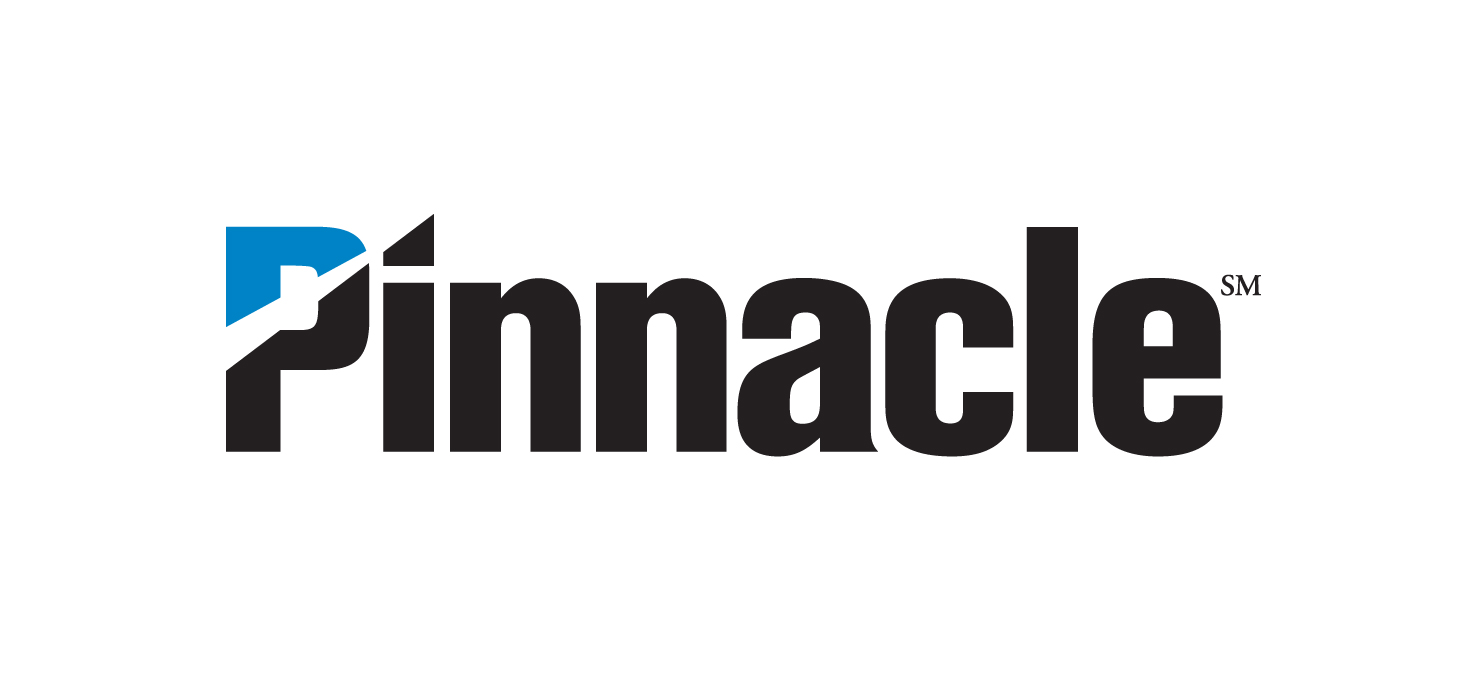Paying for transportation, gas tax holidays, and such
- February 18, 2022
- Posted by: Joe Milazzo II
- Category: Blog
This week’s blog reverts to a familiar focus — how do we pay for transportation — in an environment where electric vehicles are becoming even more prevalent, and when overall inflation is the highest it has been in decades.
RTA members know the organization’s position on highway funding quite well — we support a vehicle registration-based access user fee as a fair, simpler, equitable, and sustainable solution — and we are open to any solution that will be sustainable and politically viable.
As a reminder, the access user fee concept is essentially this: everyone would pay a fixed price (e.g., per week, month, or year) for access to North Carolina’s highway system. While the cost will not vary based on your usage, or indeed anyone’s usage, it is still a user fee, just one based on access rather than the amount of miles driven or gallons of fuel used. The fee would simply be a one-for-one replacement of the average motor fuels taxes paid by the typical North Carolina motorist driving a typical motor fuel-powered vehicle.
This is actually the same approach that we use for electric vehicles now, with three key differences: (1) electric vehicles would pay somewhat more, since they currently pay less than the average registered vehicle does in our state; (2) all vehicles, regardless of propulsion type, would pay the fee; (3) the state motor fuels tax would go away.
You can learn more by perusing a one-page overview, with financial examples on back here. You can also view a policy brief here, and a prior blog with more detail here. (Note: We need to update the one pager since it reflects last year’s motor fuels tax rates.)
—
As we focus on highway funding issues, one approach that would not be helpful is a possible federal “motor fuels tax holiday”. While the objective is laudable – providing relief to consumers who are dealing with the worst inflation many of them have seen in their lifetimes, the prescription would significantly reduce investment in transportation without addressing the reasons that overall costs have been rising — and it may not lower fuel prices much anyway. Given the nation’s focus on the importance of investing in infrastructure with the recent passage of the bipartisan infrastructure law, eliminating the federal fuel tax would take us backwards.
Thinking further about the implications of a gas tax holiday on federal transportation funding, my sense is that North Carolina should consider having a contingency plan in place. If the federal fuel tax were ever reduced or eliminated — whether catalyzed by the current economic situation or at some future time — we could automatically increase our state fuel tax by a commensurate amount. Such legislation could also include weekly monitoring of fuel prices to ensure that our consumers were not being overcharged, even inadvertently.
For what it’s worth, replacing all or a portion of the federal fuel tax with an increased state fuel tax of the same amount would likely benefit our state more than having the entire federal fuel tax to begin with, but that is a topic for a different blog.
Let’s get moving,
Joe
Joe Milazzo II, PE
RTA Executive Director
RTA is the voice of the regional business community on transportation
www.letsgetmoving.org
/th3.2022.07

























